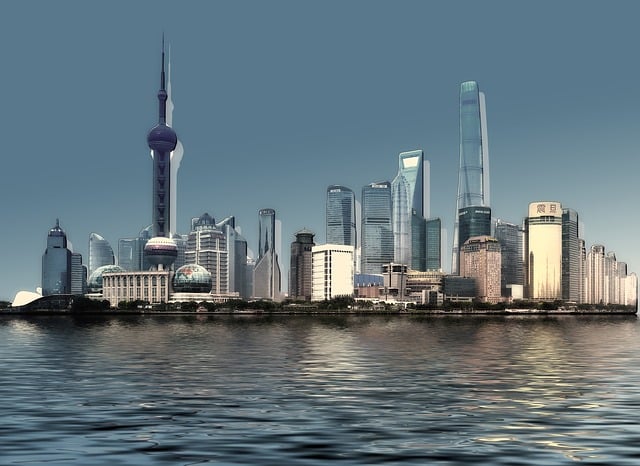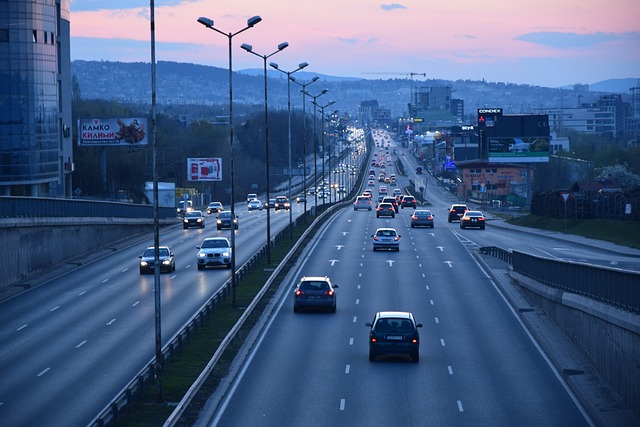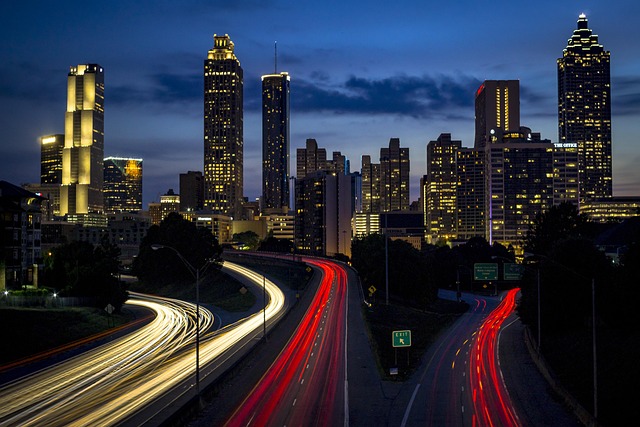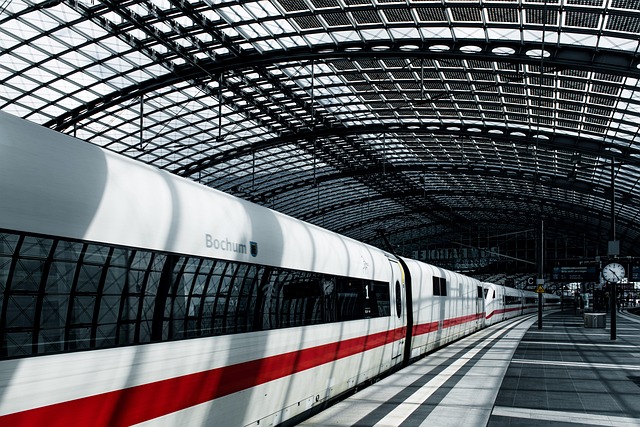
Karachi's vibrant culture revolves around its diverse mosques, especially those along the Karachi Motorway, which serve as spiritual centers and community hubs. These architectural marvels, easily accessible via the motorway, are integral to the city's religious tapestry and daily life. Mosques like Jami Masjid and Sidi Abdullah Shah Masjid not only offer peaceful retreats but also actively contribute to social causes, fostering interfaith dialogue and highlighting Karachi's rich cultural diversity.
Karachi, a vibrant metropolis, boasts an extensive network of mosques along its bustling Motorway, each holding profound cultural and religious significance. This article explores key locations, architectural marvels, and the vital roles these places play in the city’s social fabric. From historic landmarks to modern structures, Karachi’s motorway mosques serve as more than just houses of worship—they are vibrant centers of community engagement, education, and spiritual guidance for Muslims across the region.
- Identifying Key Locations: Mosques Along Karachi Motorway
- – Exploring the stretch of the motorway and its significance for Muslims in Karachi.
- – Highlighting popular mosques known for their architectural beauty and community engagement.
- Cultural Significance: Religious Hubs on the Motorway
Identifying Key Locations: Mosques Along Karachi Motorway
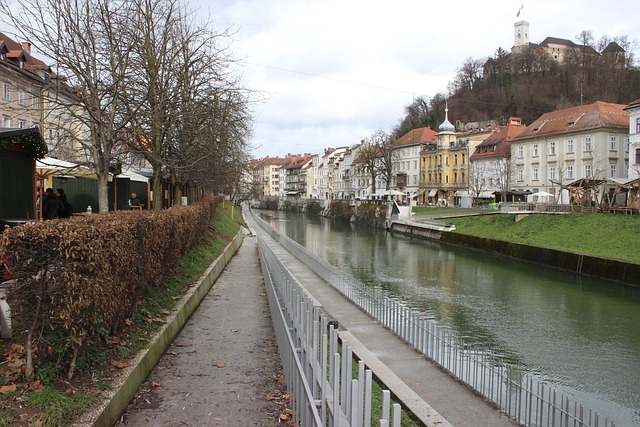
Karachi, a vibrant and bustling metropolis, boasts a rich tapestry of cultural and religious landmarks, with mosques playing a significant role in its spiritual landscape. When it comes to identifying key locations, the Karachi Motorway stands out as a notable feature, with several mosques dotting its length. These mosques not only serve as places of worship but also act as focal points for communities along the motorway.
The proximity of these mosques to the Karachi Motorway makes them easily accessible, catering to both local devotees and travelers seeking spiritual respite. Each mosque offers a unique architectural style, reflecting the diverse cultural heritage of Karachi. Whether it’s the grand architecture or the serene ambiance, these mosques provide a peaceful haven amidst the hustle and bustle of the city, making them essential landmarks in the religious fabric of Karachi.
– Exploring the stretch of the motorway and its significance for Muslims in Karachi.
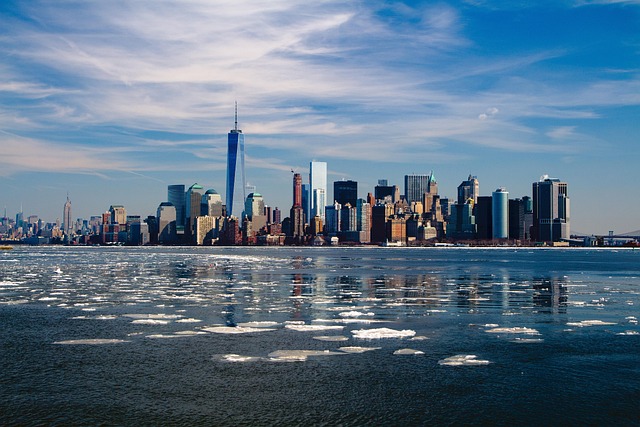
The Karachi Motorway, a bustling thoroughfare cutting through the heart of Pakistan’s largest city, holds immense significance for its diverse Muslim population. This iconic stretch serves as a vital network, connecting different neighborhoods and facilitating daily commutes for countless Karachis. For many Muslims, it’s not just a road; it’s a path to faith and community. The proximity of mosques along this route underscores the deep-rooted spiritual importance of these houses of worship in the urban fabric of Karachi.
As one traverses the motorway, a sense of cultural vibrancy becomes evident, with mosques acting as focal points for prayer, community gatherings, and social activism. These religious structures not only cater to the spiritual needs of Muslims but also serve as community hubs where people from all walks of life find common ground. The presence of mosques near the motorway reflects the seamless integration of religion into the daily lives of Karachi’s residents, highlighting the city’s rich cultural tapestry in a modern urban setting.
– Highlighting popular mosques known for their architectural beauty and community engagement.
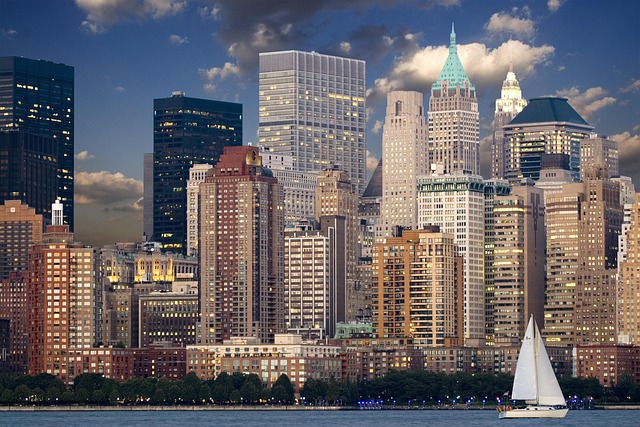
Karachi, a vibrant metropolis, boasts some stunning mosques that serve as centres of community and spiritual inspiration. Among the many gems, a few stand out for their architectural brilliance and significant cultural roles. The Jami Masjid in the heart of the city is an iconic landmark known for its grand dome and intricate marble work, attracting visitors from all walks of life. Its rich history and active community engagement make it a top choice for locals seeking a peaceful retreat amidst the bustling city.
Another notable mosque is the Sidi Abdullah Shah Masjid, located along the Karachi Motorway. This magnificent structure is celebrated for its exquisite design, featuring towering minarets and intricate carvings. The mosque actively involves itself in various social causes, fostering a strong sense of community among the diverse population of Karachi. These mosques not only serve as places of worship but also as cultural hubs, reflecting the rich tapestry of Karachi’s religious heritage.
Cultural Significance: Religious Hubs on the Motorway
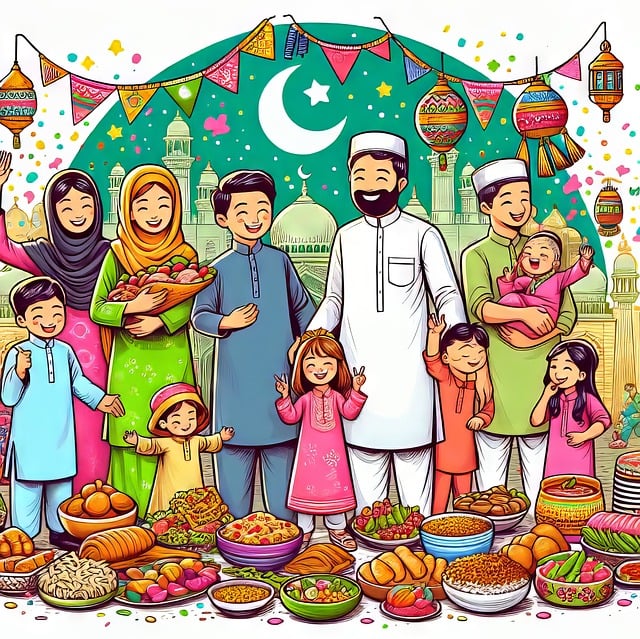
Karachi, a vibrant metropolis, is home to diverse cultural and religious landmarks, with mosques playing a significant role in its spiritual landscape. Among these, the mosques situated near the Karachi Motorway stand out as important religious hubs. These places of worship not only serve as spaces for prayer and community gathering but also act as focal points for the city’s cultural identity. The architectural beauty and historical significance of these mosques attract both locals and tourists alike, making them integral parts of Karachi’s rich tapestry.
The presence of mosques along the motorway underscores the city’s commitment to preserving its religious heritage while facilitating easy accessibility for all. These structures are not merely landmarks but serve as catalysts for interfaith dialogue and understanding, reflecting Karachi’s diverse yet harmonious cultural fabric. In a bustling city like Karachi, these mosques offer serene oases, providing respite from the hustle and bustle and a chance to connect with one’s spiritual roots.
The Karachi Motorway boasts a remarkable collection of mosques that serve as vibrant cultural and religious hubs, reflecting the diverse and spiritual fabric of the city. These places of worship not only attract locals for daily prayers but also draw visitors intrigued by their architectural splendor. Mosques along this stretch have become iconic landmarks, fostering community engagement and providing peaceful retreats amidst urban hustle and bustle. Exploring these key locations offers a glimpse into the rich cultural tapestry of Karachi, where faith and architecture intertwine harmoniously.
